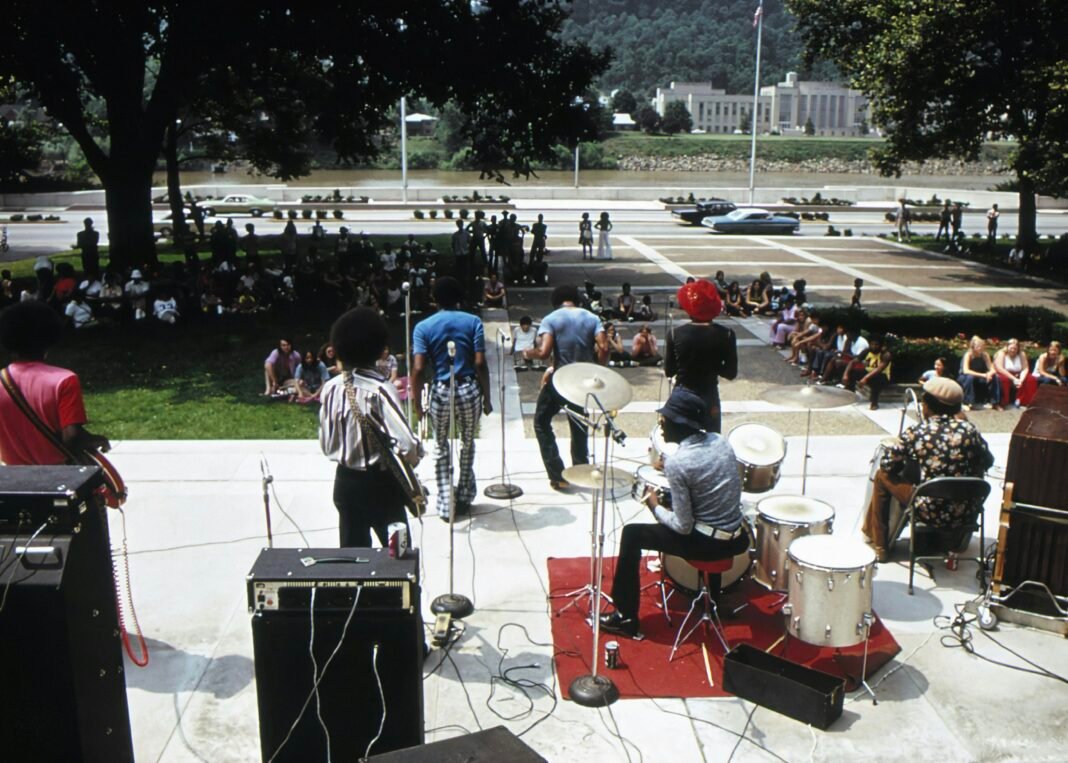When Dreams Are Deferred, Who Pays the Price?
In a world where talent is everywhere but opportunity is not, funding can be the fine line between a breakthrough and a breakdown. That line has recently come into sharp focus as a wave of incoming students to Berklee College of Music— one of the most prestigious music schools in the world — find themselves caught in a financial storm. A lack of program funding has jeopardized access for dozens of admitted students, particularly affecting those from underrepresented and minority communities, including aspiring Haitian musicians.
For students whose journey to Berklee represented a ticket out of generational poverty, this funding gap is more than a logistical problem — it’s a cultural crisis.
The Broken Promise of Access
Each year, Berklee extends offers to some of the most promising musical talents across the globe. Many of these students, particularly those from Black, Latinx, Caribbean, and immigrant backgrounds, rely on a combination of merit-based scholarships and institutional financial aid to afford tuition, which can exceed $75,000 annually with housing and fees.
However, this year, a sharp decline in financial aid reserves, budget realignments, and reduced donor contributions have left dozens of admitted students without the necessary aid packages to begin classes in the fall. Instead of preparing for their dream semester, these talented musicians are now left in limbo — scrambling for private sponsors, considering alternative paths, or worse, giving up altogether.
The Ripple Effect: When One Artist Fades, a Culture Loses a Voice
The loss of just one minority student from an institution like Berklee has an outsized impact. These students often represent entire communities — they are the first in their families to go to college, the first to receive formal training in music, and the first to build a bridge between heritage and global artistry.
“I got in. I did everything I was supposed to. And now they tell me there’s no money left?” says Naomi L., a Haitian-American vocalist who was accepted into Berklee’s Contemporary Writing and Production program. “It feels like the system opened the door just to slam it shut in my face.”
For Naomi and many others, this setback isn’t just personal — it’s symbolic. The music industry already underrepresents minority voices at every level — from composers and producers to label executives. Denying these students access to high-level training only worsens that disparity.
What This Means for Haitian and Caribbean Artists
The Haitian Music Industry (HMI) has long depended on raw, community-driven talent to propel its artists. But as the global music scene becomes more competitive and technologically advanced, formal education and industry access are becoming essential for survival.
Berklee, with its unique curriculum in film scoring, music business, jazz composition, and production, offers students from places like Haiti the tools to lead not just in performance, but in ownership, innovation, and entrepreneurship.
Without financial access:
- Haitian musicians lose pathways to mastering international standards
- The HMI suffers from a brain drain of potential innovators
- Cross-cultural collaborations diminish
- Long-term representation in global music conferences, awards, and contracts is weakened
HMI Insight:
The music industry doesn’t just need more Haitian artists — it needs Haitian producers, engineers, educators, and executives. Institutions like Berklee offer the blueprint. But that blueprint remains unreachable without fair access to funding.
An Unfair Burden: Minority Students Already Start Behind
Historically marginalized students face structural disadvantages before they ever set foot on a college campus:
- Fewer high-quality music programs in public schools
- Limited access to instruments, lessons, and studio time
- Lack of professional networks
- Scarce generational wealth to fall back on
When these same students are then asked to overcome six-figure education costs without institutional support, the message becomes clear: talent isn’t enough.
What Can Be Done? A Call to Action
Berklee’s funding crisis highlights a broader issue in higher education and the music industry: access must be prioritized, not promised. To close the gap, the following steps must be considered:
- Emergency Relief Funds: Berklee and partner institutions must create a reserve for last-minute funding gaps for underprivileged students.
- Donor Mobilization: Alumni, philanthropists, and industry partners should be rallied to support targeted scholarships for minority musicians.
- Corporate Sponsorships: Music companies like Spotify, Sony, and Apple Music must play a role in investing in the next generation of diverse talent.
- Public Pressure: Advocacy campaigns led by students, parents, and community leaders can help shine a light on the issue and generate media attention.
HMI Magazine’s Final Word
When talented students of color are told, “We want you — but we can’t fund you,” it sends a chilling message about who is truly valued in the music ecosystem. It is a betrayal not just of individuals, but of entire cultures whose stories deserve to be sung, scored, and celebrated on the global stage.
At a time when the HMI is striving to go global, we cannot afford to lose tomorrow’s voices to today’s funding failures. The future of our music depends on more than talent — it depends on access, equity, and action.
For more updates on this story, including how to support affected students or donate to scholarships for Haitian musicians, visit www.haitianmusicindustry.com or follow @thehmimagazine on Instagram.



